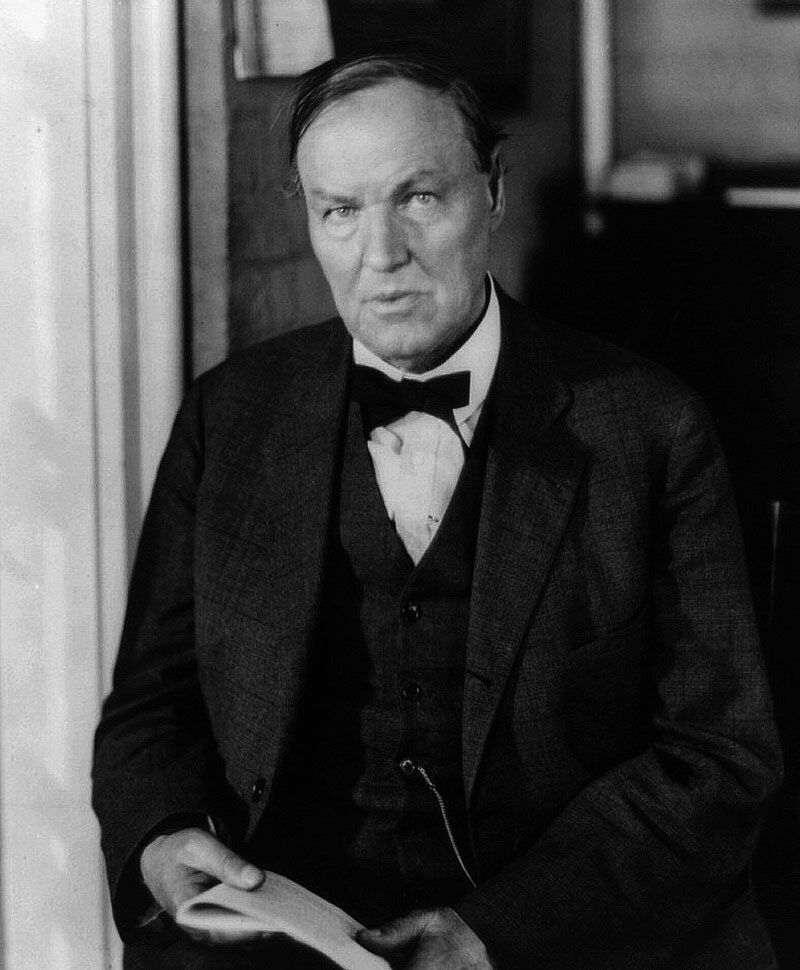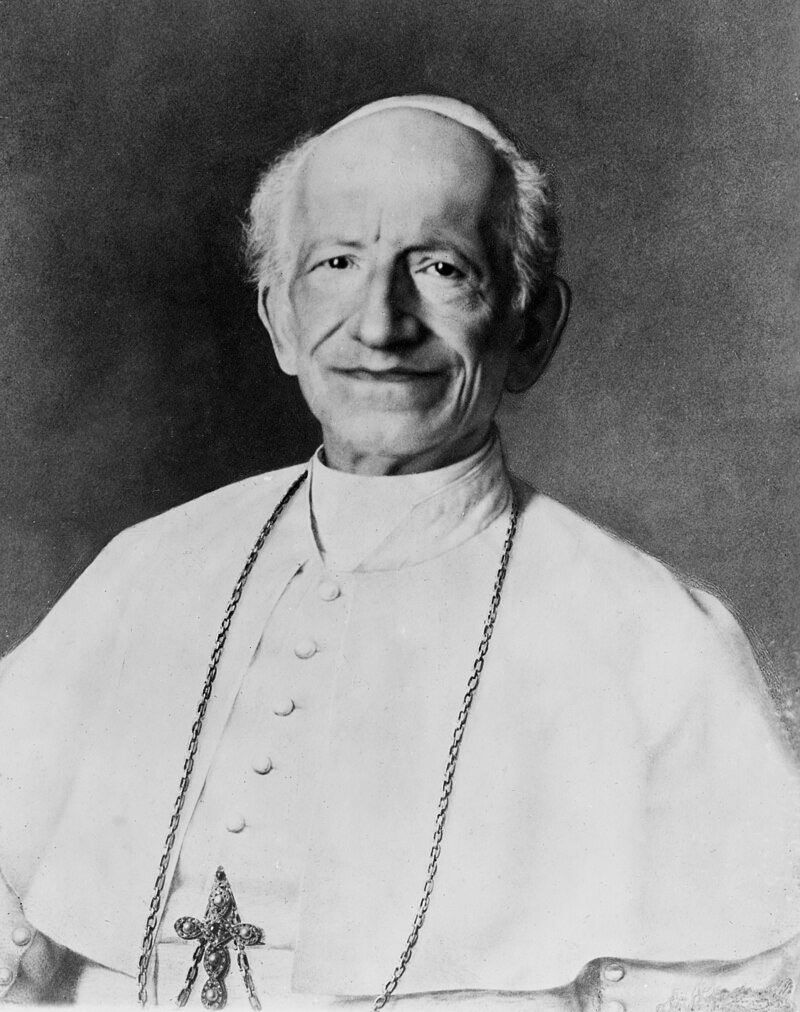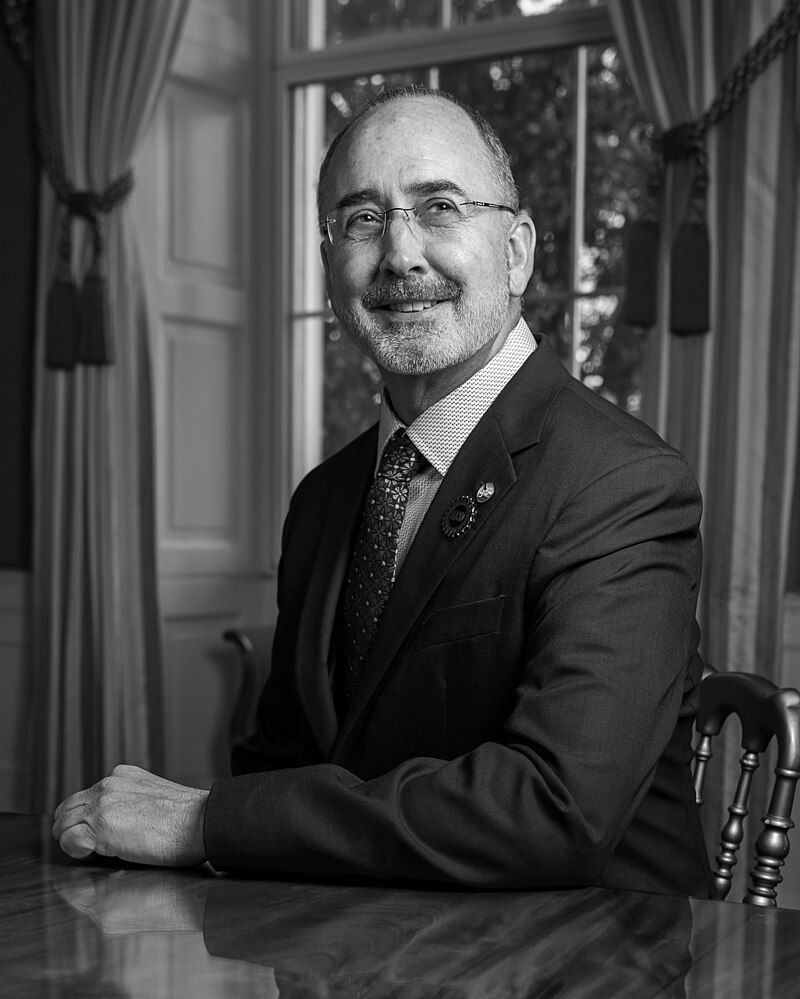While defending the United Mine Workers in an arbitration dispute in 1903, Clarence Darrow, the renowned left-wing attorney, extolled unions as “the greatest agency that the wit of man has ever devised for uplifting the lowly and the weak, for defending the poor and the oppressed, for bringing about a genuine democracy among men.”
This grand and noble sentiment should be posted at the entrance of every union hall to remind members of earlier, more idealistic times when, under leaders like Cesar Chavez and Mike Quill, promoting a fairer society was an important part of their agenda.
One of the main reasons for the Democratic Party's growth was that a sizable number of workers belonging to unions saw the need for a political party focused on their concerns, especially in the economic area.
Nearly all the leaders of the labor movement, past and present, preach that the Democrats in Congress and in state legislatures best represent the interests of workers and their families instead of Republicans, who are viewed as catering mainly to wealthy Americans.
Clarence Darrow. Library of Congress photo.
Today, many unions lack credibility in advising their members on voting preferences at election time, which is a symptom of the sizable decline in membership over the last half-century. In fact, before the election pollsters pointed to a slight majority of workers carrying union membership cards intending to vote for Donald Trump, a Republican leader who, during his last term in office, passed a finance bill that gave huge tax reductions to the rich, while confining itself to pennies for ordinary workers.
In recent times, under Shawn Fain's leadership, the United Auto Workers negotiated sizable wage increases for employees in the Big Three carmakers and, even more impressively, won union recognition at the Volkswagen plant in Chattanooga, Tennessee - the first such union victory at a foreign-owned vehicle plant in the notoriously anti-labor, right-to-work, South.
Fain would go on to endorse Kamala Harris. Joe Biden is the most pro-union president in history. He showed his true colors by joining a UAW picket line.
He refused to use Taft-Hartley's powers against the Longshoremen, which resulted in the employers making a new offer favorable to the workers, which ended the recent strike.
Pope Leo XIII.
Some of the largest unions in the private sector are now hybrids, combining workers from various backgrounds. The Service Employees International Union began as an organization of janitors, but its two million members today include childcare providers, aircraft cleaners, and physicians.
The professionals who belong to the American Federation of Teachers, of which I am a proud member, and the American Federation of State, County, and Municipal Employees, provide powerful rallying groups for progressive causes.
The Teamsters Union’s decision not to recommend support for any candidate for the November presidential contest has its roots in Nixonian strategy. That union endorsed Nixon in 1972, Reagan in 1980, and George H.W. Bush in 1986.
The 2024 neutrality decision caused serious opposition among the organization's growing number of Black members. What has caused this massive cultural shift in America in the last fifty years or so? Workers carrying union cards in the private sector have dropped from around 30% in the halcyon days of the 1970s to a measly 6% now.
Race certainly played a major part as the country tried to come to terms with an assertive black population demanding their place at the table, including in all employment situations.
This divide on race-related prejudice, with some unions in the past excluding what Archie Bunker called “minorities,” culminated in strong worker support for Governor George Wallace, an open and loud racist, in the presidential contest in 1968.
In the 1970s, Richard Nixon and his Republican Party advisors, while distancing the party from Wallace's extremism, wanted to undo the progressive policies espoused by F.D.R.’s New Deal while claiming the mantle of the white working class.
This kind of cultural populism also came through clearly in Ronald Reagan’s rhetoric, and has been evident in the Trump/Vance populist verbiage today. Sociologists try to explain why the white working class has moved from strongly affirming F.D.R.’s progressive policies, represented especially by the New Deal and the introduction of Social Security, to cheering the right-wing conservative policies of most Republican leaders.
Some commentators argue that the fault lies in cultural ideas emanating from Democratic Party leaders in Washington, who associate their members and supporters with unpopular stances, from transgender rights and restrictions on gun ownership, to propounding critical race theory and diminishing the importance of religious faith.
On all these issues, Republicans articulate more traditional ideas that many workers deem closer to their values. In response to the chaos in all manufacturing industries during the Industrial Revolution in the 19th century, Pope Leo X111 set down, in Rerum Novarum (1891), the Christian principles that should govern these revolutionary changes.
He stressed the paramount importance of advancing what he called the common good in all facets of business and government.
Affirming workers’ rights to organize and to negotiate decent salaries and benefits were central themes in this important papal manifesto. In the 1960s, Pope St. John XX111, in his encyclical Mater et Magistra, challenged the moral structures of the workplace in a radical way.
Going far beyond the right of workers to negotiate wages and benefits, he proclaimed that all employees should benefit by sharing in the company profits that they helped to generate. He also claimed that workers should have co-ownership rights in the enterprise after working there for a few years.
When last did you hear these vital moral ideas explored from a pulpit? Around 70% of Americans approve of union membership as a way of improving the living standards of workers and their families. Who is preventing this growth from happening, and why do they not want workers to organize?
Gerry O'Shea blogs at weustbetalking.com









